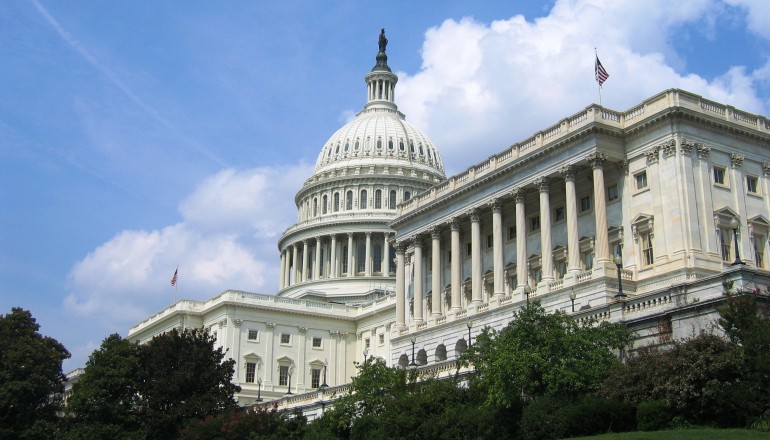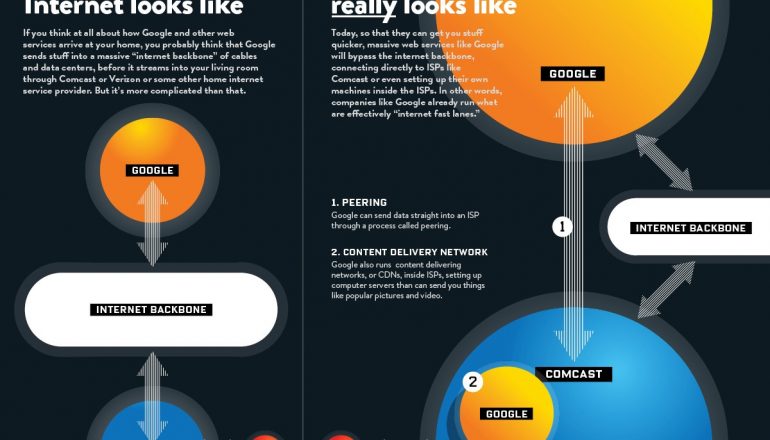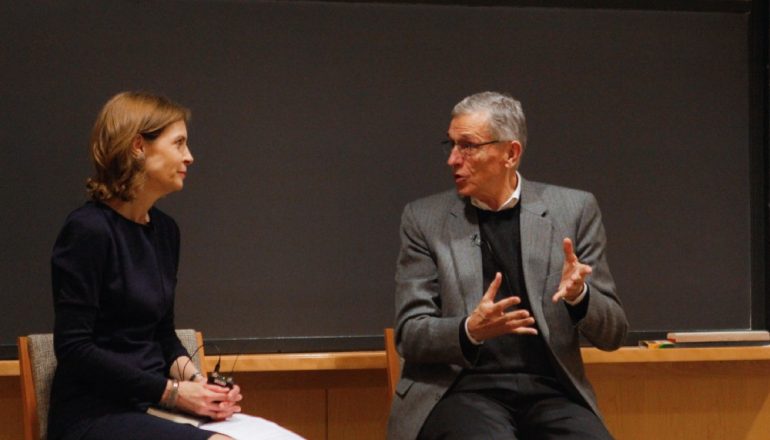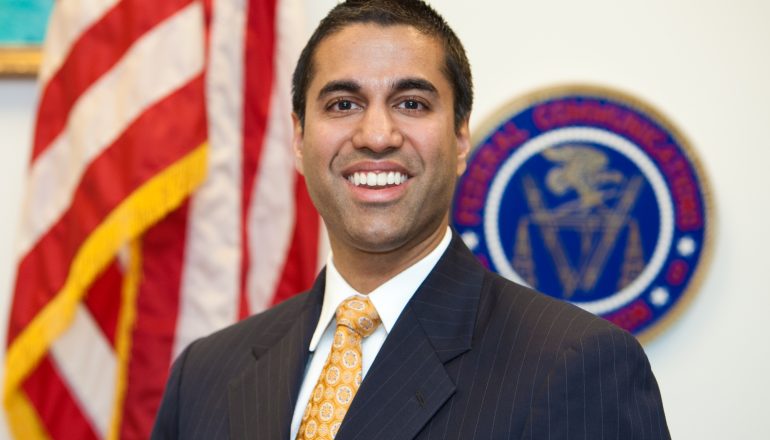Wireless First: A Winning Strategy for Rural Broadband
The nice thing about focusing on wireless for the final leg of the extended broadband system is that it doesn’t duplicate effort or waste money. Despite the glory of fiber optic networks, people want mobility. So wireless is going to be part of the solution regardless. Why don’t we just accept that and concentrate on building the best wireless networks first and fill in with fiber only when and where it’s truly needed?
Congress Gives the FCC a Privacy Mulligan
“Don’t collect what you can’t protect” seems like a reasonable approach. Given that the current discourse is all about collection, we probably won’t have the conversation we need to have for a long time. And in the meantime we’re going to hear nothing but nonsense about gatekeepers, “sensitive” browsing histories, and how hard it may be to switch ISPs (as if we don’t do that several times more often than we switch social networks and search providers.
Five Myths About Internet Privacy
Our web activity is tracked by “edge services” such as Google and Facebook even if we don’t go to their web sites. This is because they both operate tracking networks with the cooperation of web sites that carry their tracking code.
Congress is Watching You: What to Look For in the House Internet Privacy Debate
Yes. Does Google track you outside of google.com? Yes. Does Google share sensitive data about you with third parties it collects from sites like edmarkey.com and standtallforamerica.com? I don’t know that it does, but it’s entitled to by its privacy disclosures. And the same goes for a dozen other trackers unleashed on web users who visit these two sites.
What’s a Tracker Network and What Can it See?
In Wednesday’s Senate floor debate over the Congressional Review Act resolution on the Wheeler FCC’s privacy regulations, each Democratic Senator made the same claim: ISPs can see all the web…
Senate Internet Hearings
As a technical matter, it is the case that the Internet is more like cable TV than the telephone network. While the Internet does support interpersonal communication, its primary role is publishing audio, video, pictures, and text. And like cable TV, it’s a platform in which advertising is a very important source of revenue.
Mysteries and Loopholes in the Open Internet Order
The claim that Internet regulation can only be carried out by an agency with rulemaking power remains to be proved because we don’t actually have concrete rules yet.
A Fresh Look at Internet Management
The FTC takes action to stop and prevent unfair business practices that are likely to reduce competition and lead to higher prices, reduced quality or levels of service, or less innovation. Anticompetitive practices include activities like price fixing, group boycotts, and exclusionary exclusive dealing contracts or trade association rules, and are generally grouped into two types: agreements between competitors, also referred to as horizontal conduct; and monopolization, also referred to as single firm conduct
FCC Course Correction
The FCC has made a number of expected decisions on pending issues and signalled a willingness to alter the course of network regulation in a more permissive, innovation-friendly direction. Here are some highlights of recent actions.
Chairman Pai’s FCC Challenge
In this podcast, Shane Tews and Richard discuss key issues likely to grab the FCC’s attention this year, the impact of Chairman Pai, and whether the FCC needs to be reorganized. Beyond the issues themselves, Chairman Pai is likely to invest a lot of effort in changing the tone at the agency. Rather than forcing questionable issues through the agenda, expect him to work for consensus solutions that will outlast his tenure.











